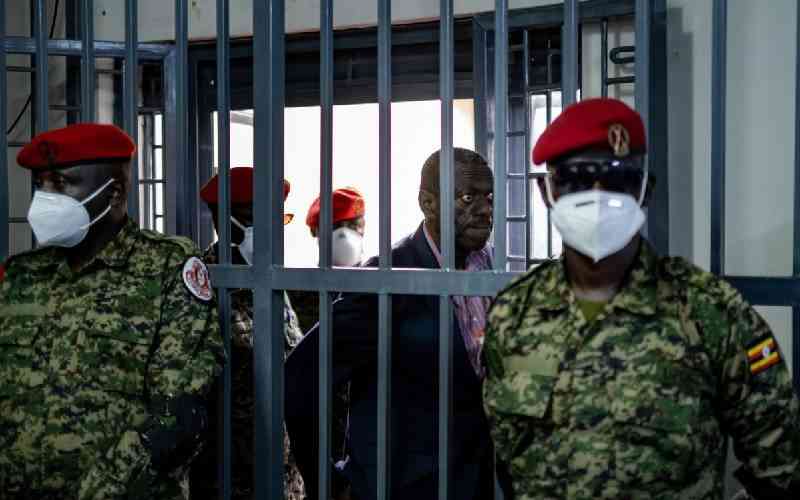×
The Standard e-Paper
Kenya’s Boldest Voice

Kenya is once again under international scrutiny following the alleged abduction and humiliation of Ugandan opposition leader Kizza Besigye.
The four-time presidential contender is reported to have been abducted on Saturday during a visit to attend the launch of book by Narc Kenya leader Martha Karua in Nairobi.